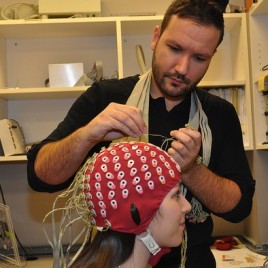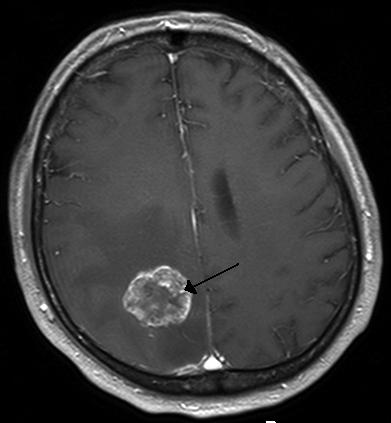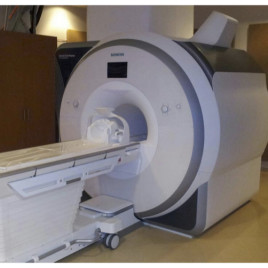A new tool provides a means to track multiple sclerosis (MS) progression and could lead to early diagnosis, a new study shows. The method – called Quantitative Susceptibility Magnetic Resonance Imaging (MRI) – allows researchers to track small changes in the magnetic field of the brain caused by iron distribution and white matter lesions that […]
Tag: brain
The evolution of self-control
A new study has found species with larger brains (great apes and old-world monkeys) may have more self-control than species with smaller brains (birds and lemurs).

Measuring the brain’s anti-distraction system
Researchers have used EEGs (electoencephalogram) to show that a newly discovered type of neural process that works to overcome a distraction. When your gaze shifts to follow a distraction, neural circuits in your brain gives off signals that can be detected during an EEG. The discovery could help develop new strategies to avoid distracted driving or offer […]

Gene mutations linked to childhood brain tumours
Two Canadian studies have found gene mutations that are linked to deadly brain tumors and could help scientists understand the causes of childhood brain cancer. In the first paper, researchers found mutations in a gene called ACVR1 in 20 per cent of a highly aggressive and difficult to treat childhood brain tumour, called diffuse intrinsic […]
Tracing the ‘brain noise’ of schizophrenia
Using a simple eye-tracking experiment, researchers have shown that patients with schizophrenia make more errors when trying to locate visual signals than control patients. The pattern of errors can be used to make computer models of the noise in what are called ‘corollary discharge signals.’ These signals are how one part of the brain keeps […]
